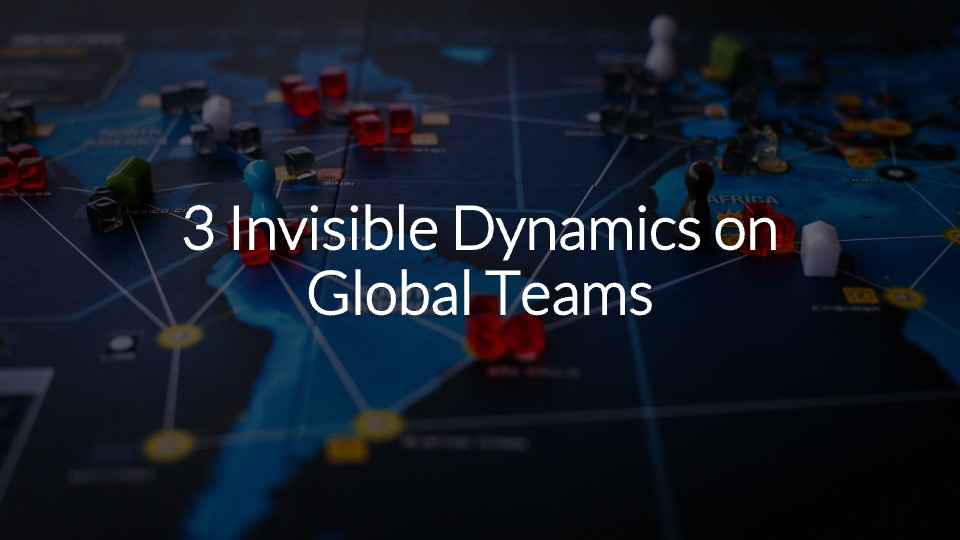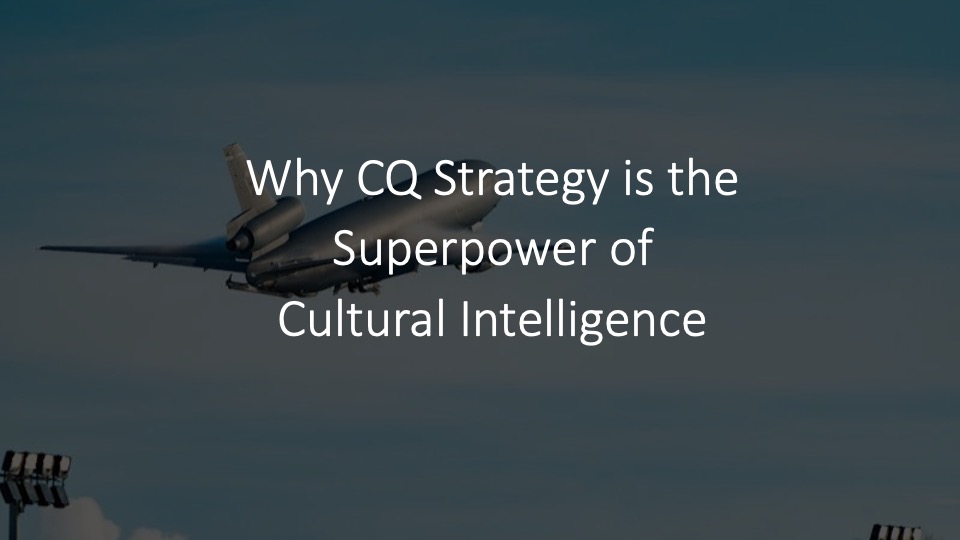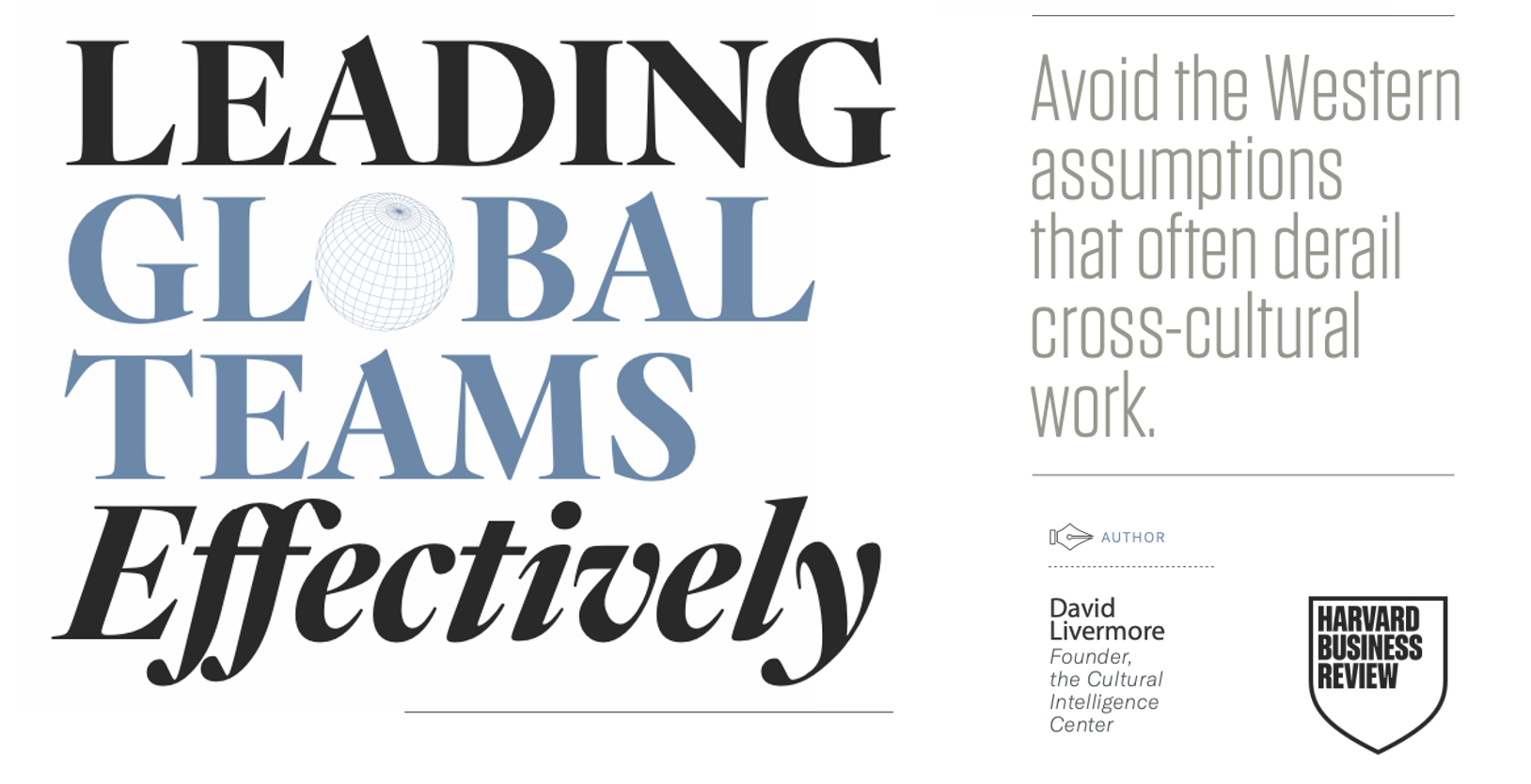Yesterday I was traveling by car from Toronto to New York to visit my family. Driving across one of the bridges between the U.S. and Canada is something I’ve been doing my entire life. My parents moved to the U.S. shortly before I was born and several times a year, we traveled back to visit family in Canada. The most I’ve ever been asked to do at these inspection points is open the trunk or one time, they even asked to see under the hood of my car. But the longest delays are usually just waiting for other cars to get through the line. As a kid, I always wondered what happened over in those stark, cement customs buildings where a few lone travelers were sent while the rest of us went on our way across the bridge.
This week I found out. The questioning at my car went on for several minutes. Then the officer put my passport in a red leather bag and directed me to drive my car over to the inspection area where I would be further questioned. I was taken into the customs hall and I looked with dread upon how full the room was of other detained travelers.
Of about 40 other travelers in the room, I was the only fair skinned one there. I knew this wasn’t going to go fast. And I noticed how this situation immediately put me on the defensive. I don’t have time for this. I’m no threat here. In fact, I just spent time with the Department of Justice and Homeland Security teaching some of them about cultural intelligence. Can’t I just go on my way?
My name was called and I was interrogated about all kinds of things: Where do you live? Who owns the car you’re driving? Why do you travel so much? How much money do you have with you? What exactly do you do when you travel to these places? Where’s your family? Can they ask me all these things? I wondered. Meanwhile, I see an officer take my car keys and head toward my vehicle. I wasn’t invited!
I was trying to use my cultural intelligence in how I responded to the questions. I looked them in the eye. I tried to disguise my defensive feelings. I answered as directly and to the point as possible. And as much as I wanted to lighten up the conversation with some humor and personal conversation, I didn’t think that would bode well for me.
About an hour later, I was on my way. Before leaving, I asked my primary interrogator, “Might I ask—Was this just a random stop?” He said, “Yes. Totally random. Most of these are.”
I’m not even sure mine really was but it was really hard to imagine that most of the people in the room were just randomly stopped. Being an effective customs official is harder than ever. They need to keep our nations secure and look for suspicious activity. I’m sure many people are detained for suspicious activity or for outright violations. But how do the assumptions of a customs officials—especially if they aren’t aware of them—impact which people they randomly check? Biases based upon people’s appearances are inevitable for all of us. But acting upon those biases is something we can control. Food for thought…
But the real lesson learned: While impatiently waiting in the line of cars waiting to go through, I noticed a new inspection lane opened up. So I darted out of my line into that one. Assuming my delay was “truly” random, it looks like my “no delay” line cost me an hour. But my family will be the first to tell you, I’ll probably never stop waging bets on which line is moving fast and inevitably make us wait longer because of my efficient way of keeping us moving!




